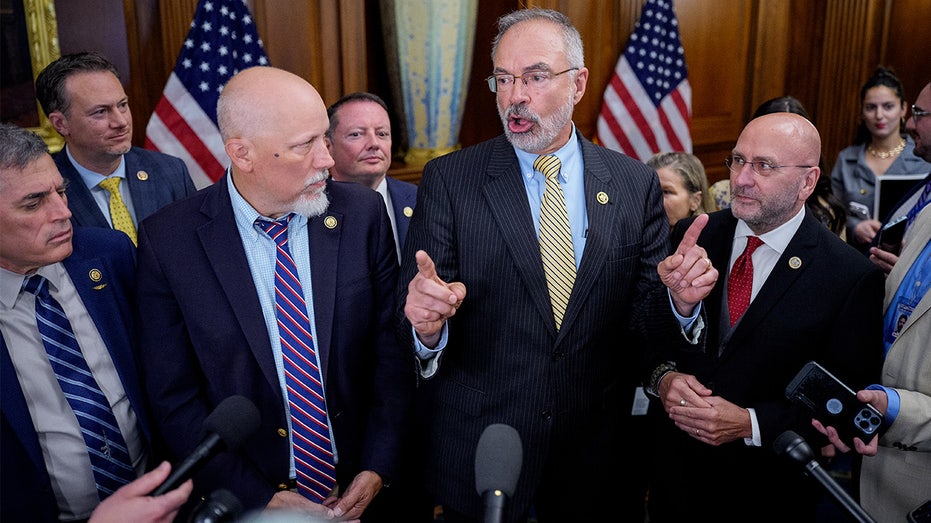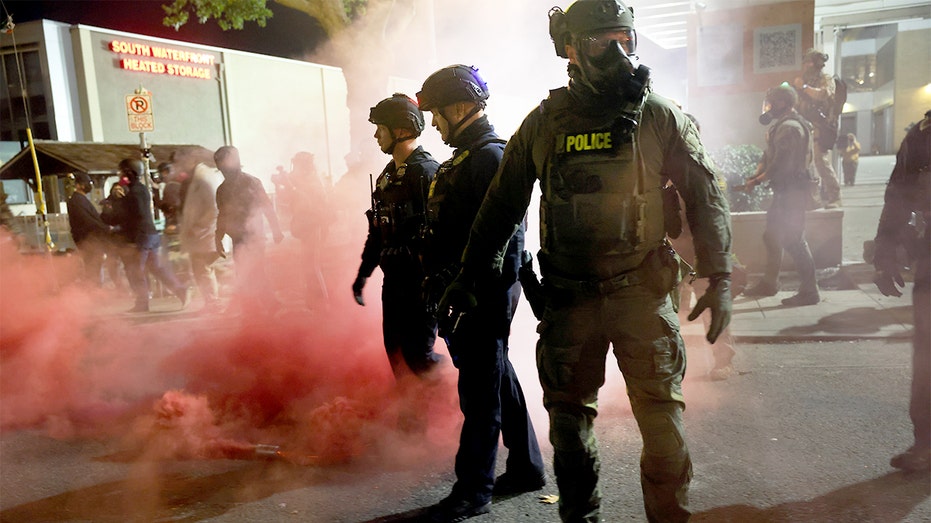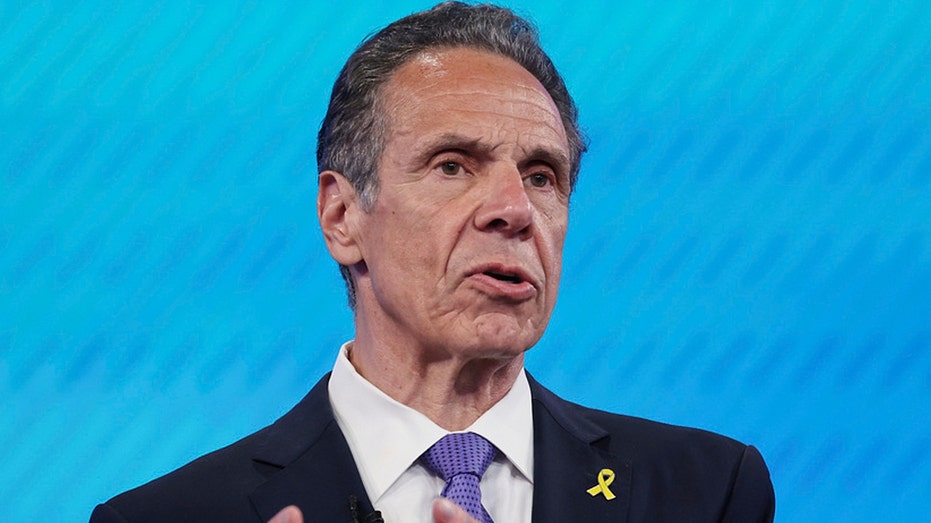The air crackled with disbelief. A quiet accusation, leveled with the precision of a legal argument, had ignited a fierce debate: were presidential pardons, those final acts of mercy and justice, potentially being signed…by a machine? The question hung heavy, a challenge thrown down between Scott Jennings, a veteran of Republican political strategy, and Elliott Williams, a former Obama administration official.

Jennings didn’t mince words. He directly questioned the authenticity of pardon documents, suggesting the Biden administration might have employed an autopen – a device that mechanically replicates a signature. This wasn’t a simple procedural oversight; it struck at the very heart of executive power, a power Jennings insisted *could not* be delegated to a machine. The implications were staggering.
Williams, initially dismissive, found himself pressed to defend the practice. The core of the argument centered on the fundamental nature of a pardon. It’s not merely a piece of paper; it’s a deeply personal act, a direct expression of the President’s individual judgment and clemency. Could a mechanical reproduction truly carry that weight?
The debate wasn’t about whether pardons were granted, but *how* they were granted. Jennings argued that using an autopen circumvented the constitutional requirement for the President’s direct involvement. It raised concerns about accountability and the potential for abuse, a chilling thought given the gravity of a presidential pardon.
Williams countered with the logistical realities of a busy White House. The sheer volume of documents requiring the President’s signature, he explained, often necessitates streamlining processes. However, he struggled to reconcile this efficiency with the principle of personal responsibility inherent in the pardon power.
The exchange wasn’t simply a partisan squabble. It tapped into a deeper anxiety about the erosion of traditional checks and balances, and the increasing reliance on technology in even the most sacred of governmental functions. The question lingered: in an age of automation, can we truly safeguard the human element of justice?





